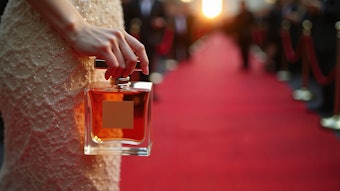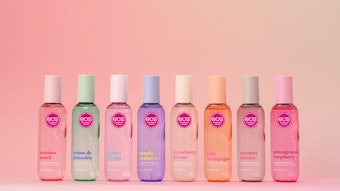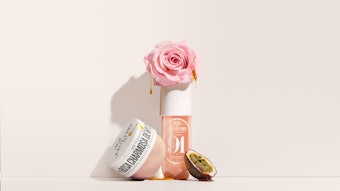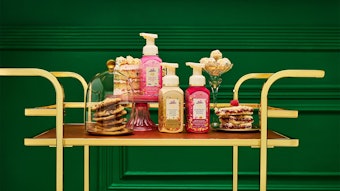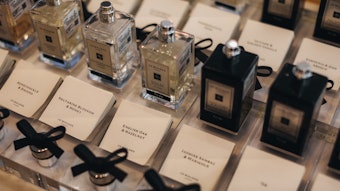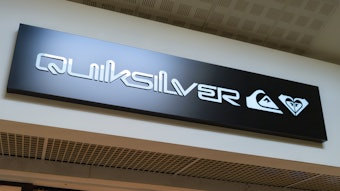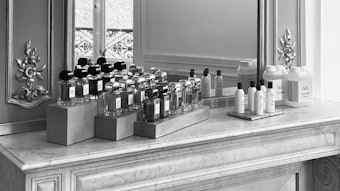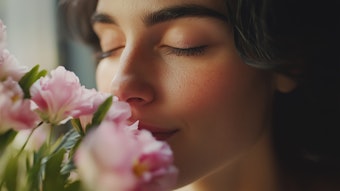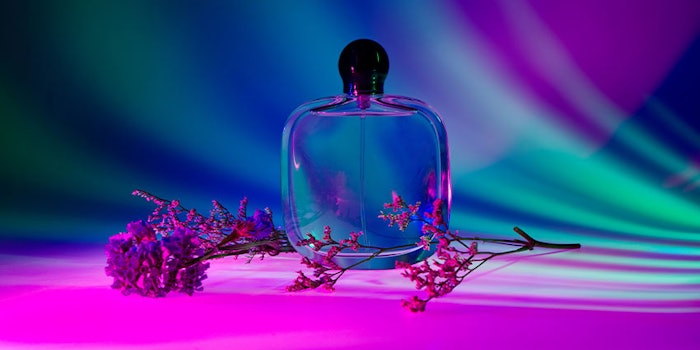
Today, it’s hard to look at the beauty industry—and society at large—and not see how far we’ve come in terms of inclusivity and diversity. In the beauty world, there are skin care products for all skin tones; makeup for men, women and those who identify as neither; and brands like Jecca Blac that actively market their products to transgender individualsa. Fragrances in many ways beat these categories to the punch. Historically, brands marketed fragrances as either “male” or “female,” but with the iconic release of CK One, fragrance marketing began to push beyond simple gender binaries. The “unisex” fragrance category emerged at a time when it would have been almost unimaginable for a male model to be a part of a L'Oréal campaign b, or a beauty icon like Nikkie de Jagerc to come out as transgender. Many fragrance brands have now dropped the unisex label for the friendlier sounding “gender-neutral” descriptor and have begun to market heavily on the “scents are for everyone” message—something perfumers and fragrance fans have inherently known for ages.
This inclusivity extends to the business side of things and the headquarters of many major fragrance houses. In 2019, IFF and Firmenich both signed the United Nations Global LGBTI Standards of Conduct for Businessd-e, reinforcing their commitment to LGBTI workers. Symrise had the goal of having its workforce be comprising 40% female staff by 2020, reaching that goal four years earlyf. Givaudan and other fragrance houses addressed the economics by tackling the gender pay gap with a variety of initiativesg. The fruits of these inclusive efforts can be seen on beauty counters and in the fragrance sections of Ulta and Sephora.
At the same time as the “mainstream” fragrance market is working to be a more inclusive enterprise, the independent fragrance world is in the midst of its own moment. LGBTQ scent creators have emerged as the true rebels of the fragrance industry, disregarding market research, traditional perfumery training and creating a name for themselves with innovative scents and compelling narratives. As you will see in the following pages, these are not the scents of yet another lovely stroll in the lavender field, they are stories of drag queens, gay athletes, garage house music, German philosophy and the ancient art of alchemy.
Instead of waxing poetic any further, I reached out to three independent perfumers that identify as gay, queer or both, Killian Wells, Patrick Kelly and Chris Rusak, to get their take on all of this. In these interviews, I wanted to shine a light on a couple of things. First, I wanted to showcase the hard work of independent fragrance companies and see how they are grappling with the many issues that the broader fragrance industry is facing (raw material crises, market demands, creative muses, regulations, etc.). Second, I wanted to see how their LGBTQ status may (or may not) influence their work and if there is something to this inclusive moment in fragrance. I also hope that by sharing these interviews here that the whole fragrance industry (indie and mass) can have a deeper conversation on inclusivity and work towards more collaborative efforts.

